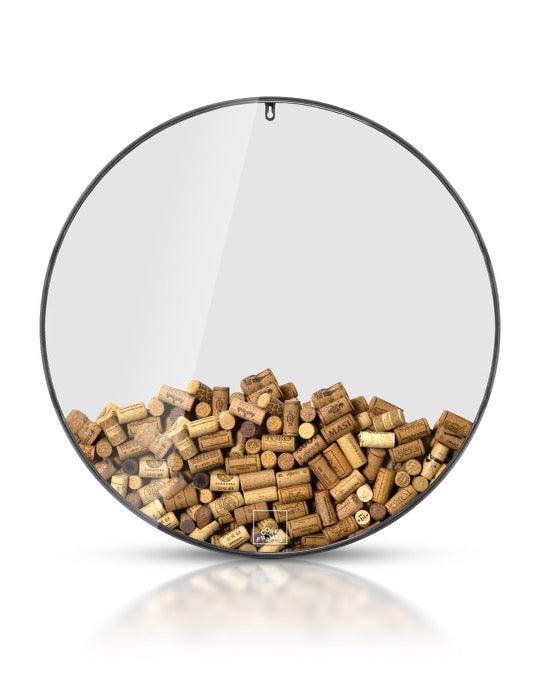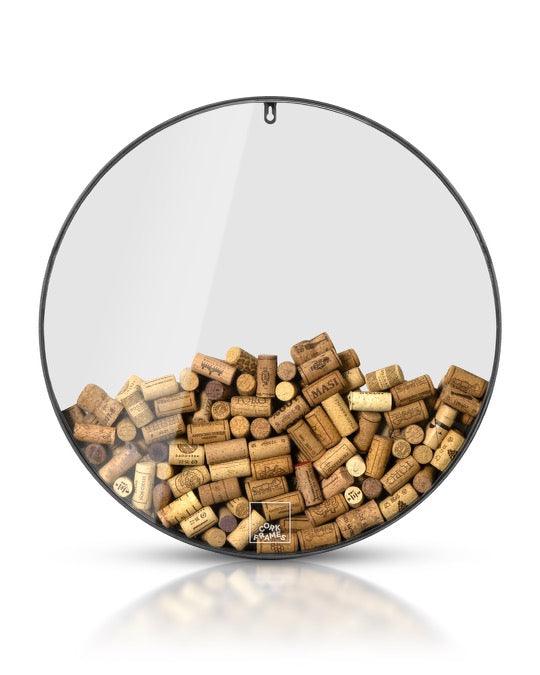Cinnamon is one of the world’s most beloved spices, known for its warm and aromatic flavor. Widely used in cooking and baking, cinnamon is more than just a flavor enhancer.
It has a long history as a medicinal ingredient and part of cultural traditions, and recent research suggests that cinnamon can also offer health benefits.
What is Cinnamon?
Cinnamon is derived from the bark of trees belonging to the Cinnamomum genus. When the bark is harvested and dried, it curls into the characteristic cinnamon sticks. There are two main types of cinnamon:
- Ceylon Cinnamon: Often referred to as "true cinnamon," it has a milder and sweeter flavor and is considered the healthier option.
- Cassia Cinnamon: A more robust and common variety, often used in commercial products and cooking.
How is Cinnamon Used?
Cinnamon is a versatile spice that can be used in both sweet and savory dishes. Here are some popular uses:
- In baked goods and desserts: Classics like cinnamon rolls, apple pie, and rice pudding wouldn’t be the same without cinnamon’s warm flavor.
- In hot drinks: Cinnamon is often used to add flavor to tea, coffee, and the popular autumn drink, chai latte.
- In cooking: In some cultures, cinnamon is used in meat dishes and stews, such as Moroccan tagines or Indian curries.
- As a garnish: A sprinkle of cinnamon on oatmeal or yogurt adds both flavor and a touch of elegance.
Cinnamon and Christmas
Cinnamon has also become strongly associated with Christmas, adding to the festive atmosphere with its warm and spicy aroma. It’s a key ingredient in many traditional holiday recipes, such as gingerbread cookies, mulled wine, and saffron buns. The scent of cinnamon is so deeply tied to Christmas that it’s often used in decorations, scented candles, and potpourri to create a cozy holiday ambiance. The combination of cinnamon, cloves, and cardamom has become synonymous with Christmas celebrations and is an essential part of the tradition.
Is Cinnamon Healthy?
Yes, cinnamon offers several potential health benefits, although it should be consumed in moderation. Here are some of the most notable advantages:
- Rich in antioxidants: Cinnamon is a powerful source of antioxidants, which protect the body from free radicals and oxidative stress.
- May help with blood sugar control: Studies have shown that cinnamon can help lower blood sugar levels by improving insulin sensitivity.
- Anti-inflammatory properties: Cinnamon contains compounds that may reduce inflammation in the body, important for preventing chronic diseases.
- Supports heart health: Regular consumption of cinnamon may help lower cholesterol and blood pressure levels.
- Antibacterial properties: Cinnamon has been found to inhibit the growth of certain bacteria and fungi.
Is Cinnamon Always Healthy?
While cinnamon has many benefits, it should be consumed with caution. Cassia cinnamon contains higher levels of a compound called coumarin, which, in large amounts, can negatively affect the liver. Ceylon cinnamon has significantly lower levels of coumarin and is a better option for those who consume a lot of cinnamon.
The recommendation is to stick to about 1–2 teaspoons of cinnamon per day, especially if using Cassia cinnamon.
Summary
Cinnamon is a fantastic spice with a rich history and countless uses. It’s equally at home in baked goods, hot drinks, savory dishes, and as a decorative garnish. Additionally, cinnamon boasts several health benefits, from being rich in antioxidants to helping with blood sugar control.
And during the Christmas season, cinnamon adds an irreplaceable touch of warmth and tradition, becoming an essential part of festive celebrations around the world.
Do you have a favorite cinnamon dish or a health ritual involving cinnamon? Share it with us!
































